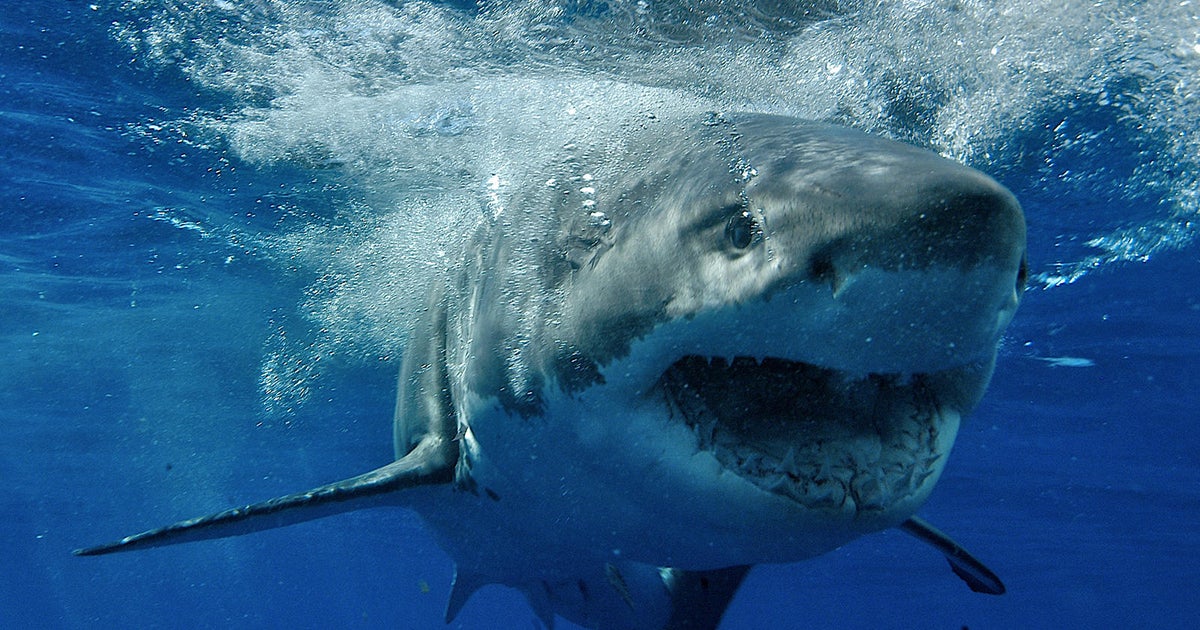- Messages
- 54,469
- Reaction score
- 8,572
- # of dives
- 500 - 999

Young man killed by shark while diving for scallops off Pacific coast of Mexico
Shark attacks are relatively rare in Mexico but the incident marks at least the third deadly attack in the waters off Mexico in about a month.
A young fisherman diving for scallops was killed by a shark off the Pacific coast of Mexico, authorities announced.
The man, identified by media reports as 22-year-old Víctor Alejandro Soto García, was reportedly attacked by a great white shark on Dec. 29 off Yavaros in the Mexican state of Sonora.
"The body of the young man was taken by his fishermen colleagues to the pier in Yavaros," the Sonora Civil Protection agency CEPC said on social media.
Authorities said the victim was not wearing an anti-shark repellent bracelet, which uses electrical pulses or magnets to deter the predator.
After the fatal attack, the Sonora Civil Protection agency urged fishermen to "have the necessary preventive measures to carry out their activities."
Shark attacks are relatively rare in Mexico but the incident marks at least the third deadly attack in the waters off Mexico in about a month. In mid-December, officials said a man was killed and a woman was injured in an attack by either a shark or a crocodile at Mexico's Pacific coast resort of Zihuatanejo.
In early December, a Mexican woman died after she was severely bitten in the leg by a shark just off the beach town of Melaque, west of the seaport of Manzanillo. The 26-year-old woman was trying to boost her child aboard the floating platform when the shark bit her, officials said at the time.
At least two other people across the globe were also killed by sharks in December. A 39-year-old surfer died after a shark encounter in Maui on Dec. 30. A few weeks before that, a woman from Boston died after she was attacked by a shark while paddle boarding with a family member in the Bahamas.
Wildlife experts say that most shark attacks are actually a case of mistaken identity.
Sharks are actually not dangerous to humans, the NOAA says, noting that only about a dozen of more than 300 species of sharks have been involved in human-related attacks.
In general, unprovoked shark bites have decreased over the past decade. In 2022, there were 57 unprovoked bites worldwide, which is significantly lower than the 10-year average of 74 unprovoked bites annually, according to the University of Florida's data.



